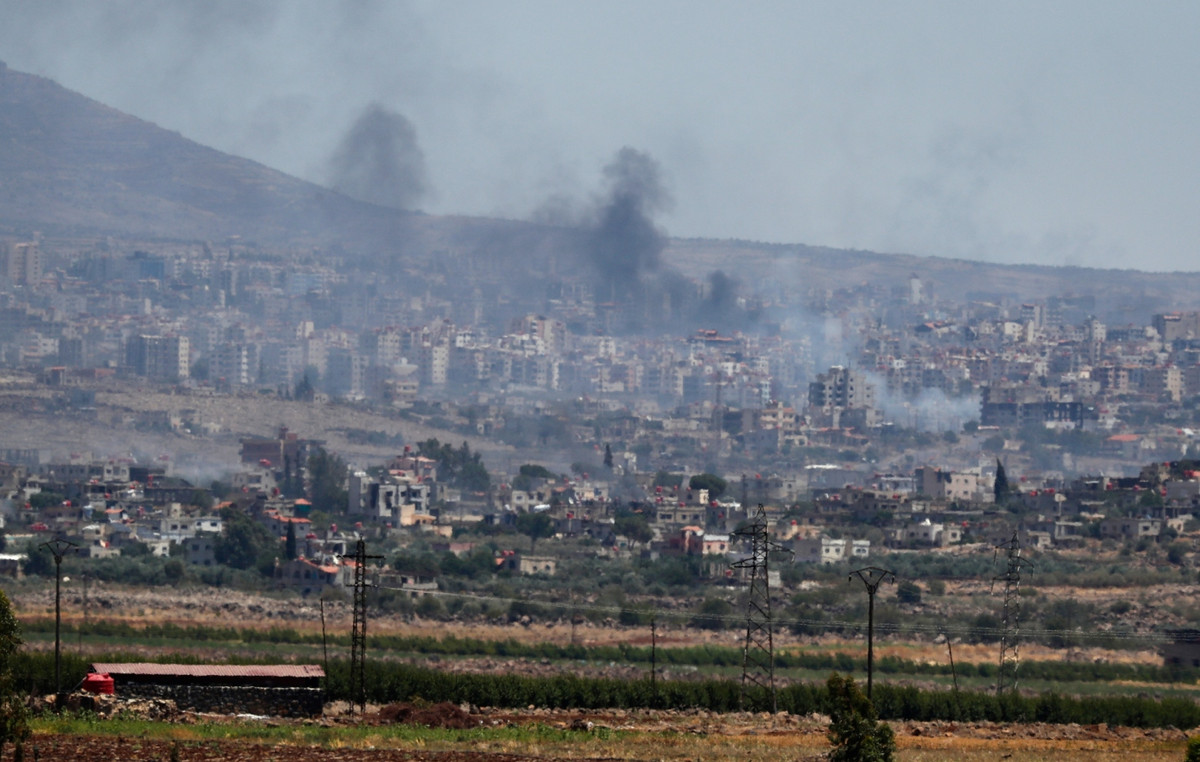Some call it the #metoo of childbirth, a movement that supports women’s rights in motherhood and childbirth and wants to eliminate obstetric violence. The triggering event is the tragedy at the Pertini hospital in Rome, the death of a newborn, suffocated after breastfeeding while the mother, exhausted, had fallen asleep. Thousands of messages have arrived from women who have recounted experiences of abuse, small or large, and humiliation. Activist Francesca Bubba is working with a group of experts on a law on obstetric violence.
Instagram content
This content can also be viewed on the site it originates from.
Dozens of messages like these have arrived on the social media accounts and on the campaign’s email address which has the hashtag #alsoame:
«Breastfeed, breastfeed, breastfeed! Then you have a problem and they don’t know how to help you at all (they always say everything is fine and there is no problem). The baby doesn’t gain weight and they don’t help you integrate the formula. Mum is exhausted and they won’t support you in stopping breastfeeding.’
«My obstetric violence does not concern childbirth, but infertility. I had to do swabs which were essential to access a fertilization procedure for which I had been on the waiting list for months and when I got to do them I realized that by mistake of the Center in drafting the referral one was missing. I cried, because I had been waiting for months and following a manic lifestyle for that moment and it could have been put off for months just for one mistake. The midwife who was supposed to give me the swabs went to have this additional one prescribed by a gynecologist on duty, however she found it necessary to tell an infertile person “of course if she reacts like this she will never be able to have a baby”. He did so much harm.”
«Postpartum depression from which I am only now coming out (after 11 months), constantly judged and devalued by my partner by my mother-in-law and also by my parents and acquaintances “but what are you complaining if the others can do it you can do it too” “but come on pass just go walk and spooort” “you’re a mother now so it’s normal it’s only fair that you don’t have time to see your friends or sleep anymore. You will do these things in a few years’ time.” Terrifying. I’d slap everyone.”
Instagram content
This content can also be viewed on the site it originates from.
They are three different stories in times and forms, but all connected to motherhood. «After the Pertini tragedy», explains Francesca Bubba, «I really felt the need to build a measure aimed at curbing and eliminating the phenomenon of obstetric violence. I thought about the need to regulate all areas related to maternity on the basis of specific criteria. To unhinge the sacrifice-love equation, which has invested the maternal for centuries, there is a need for a cultural change which requires a very long time that we no longer have». A team of professionals and experts is working on the proposal. Two Italian universities were contacted to carry out statistical research on the subject given the lack of data.
«What is obstetric violence? A set of abusive behaviors that violate the personality, will and self-determination of pregnant bodies. Obstetric violence deprives the person of a serene and personal experience of childbirth, labor and postpartum”. This definition includes lack of assistance, verbal humiliations, coercion, also through body language, by healthcare personnel, misinformation and misinformation also linked to spaces dedicated to pre-natal care, routine use such as episiotomy ( surgical procedure to facilitate the passage of the fetus), the denial of cesarean delivery and delivery-anelgesia, the execution of procedures without consent and without having discussed them with the patient. «It also lies in this last point the infantilization of the patienttalking to her if she were a child and not an adult person capable of understanding and managing what can happen to her body».
Added to this are the lack of physical and psychological support, the violation of privacy, even with the presence of students without consent, or the disclosure of health or personal details. «We have found interest in university and even healthcare circles probably in the wake of what happened at the Pertini hospital. We will present the proposal to the Supreme Courtbut at the same time we are preparing a modification to the bill of rights of the pregnant woman to bring it into line with the historical period we are living in».
Also under discussion is the rooming in, which means keeping the newborn child close to the mother at all times. «Rooming in is a formula that certainly has positive sides, but they are the only ones described, and we don’t talk about the rest and then appeal to the fact that it was the mother who chose it. There is no mention of how much in the prenatal courses they violently inculcate the fact that keeping the baby constantly attached to your body, even if exhausted, is indispensable for establishing a relationship with the baby. We come from a prenatal environment where this is the narrative: they tell us that it is the only way to establish a bond and we children keep them even if we are exhausted ».
– “It could have happened to me”, the stories of women after the tragedy of the newborn who died in Rome
– Rome, the mother of the newborn who died at Pertini: “I was exhausted and that night I collapsed”
– Violence in the delivery room, the midwife: “Mothers are right to complain”
Source: Vanity Fair
I’m Susan Karen, a professional writer and editor at World Stock Market. I specialize in Entertainment news, writing stories that keep readers informed on all the latest developments in the industry. With over five years of experience in creating engaging content and copywriting for various media outlets, I have grown to become an invaluable asset to any team.







